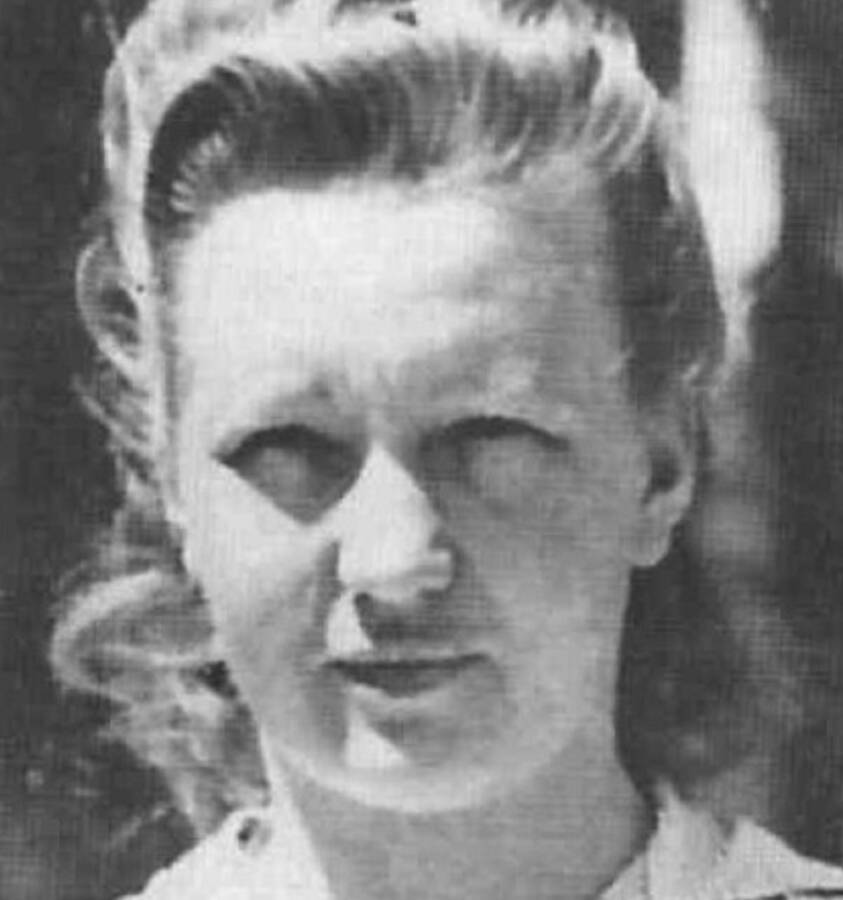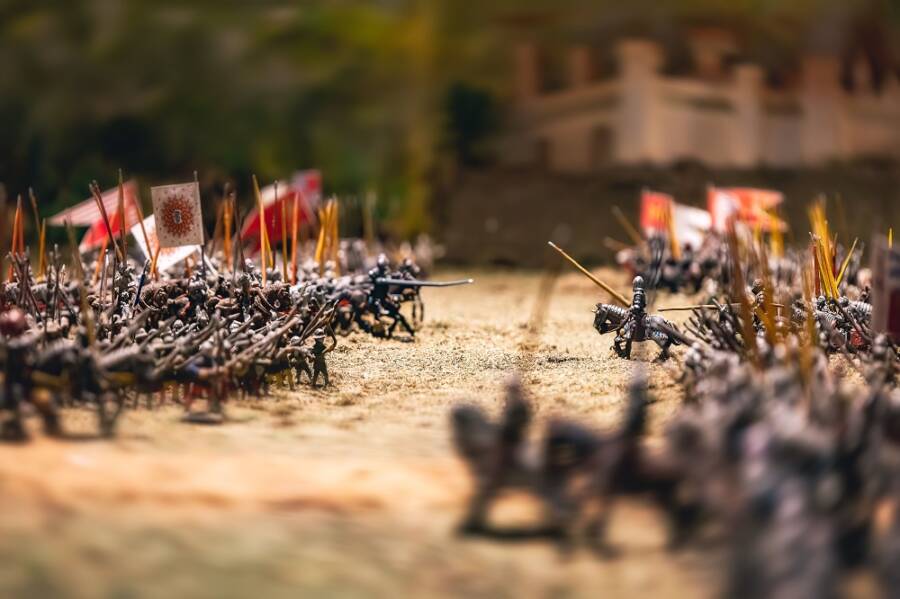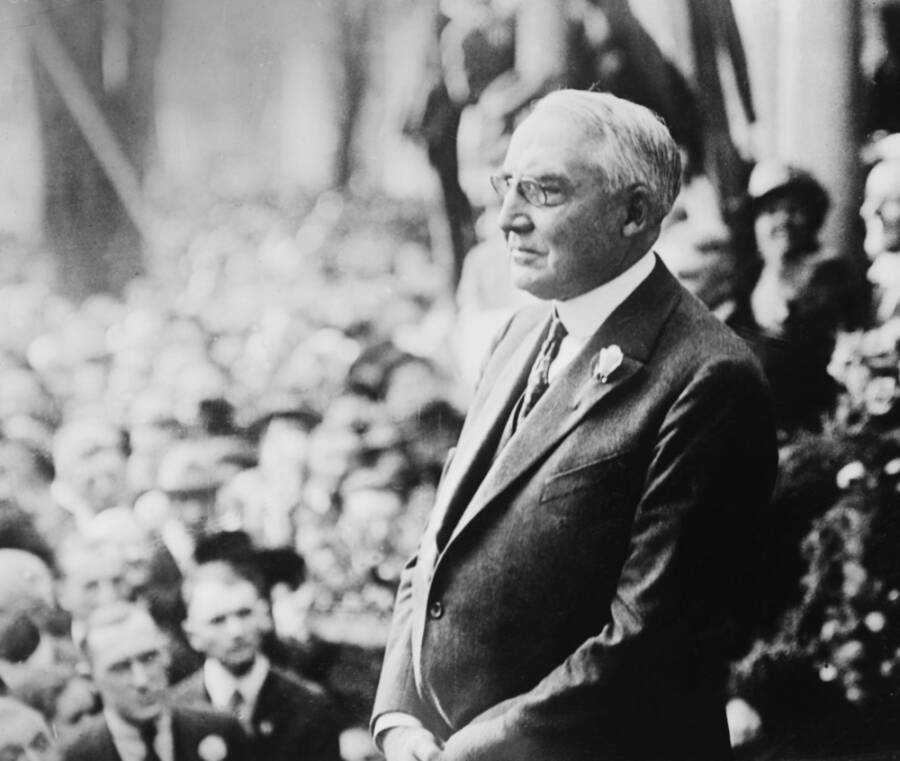
Dorothea Binz
As a little girl, Dorothea Binz moved about a lot with her family, as her father, Walter Binz, was a forester. In the village of Altglobslow, where her family had migrated in the middle of the 1930s, they were seen as outsiders, so when Binz joined the League of German Girls at the age of ten, she discovered a kind of community. Even though Binz had a history of health problems in the late 1930s, including a TB episode, she managed to find employment as a cook. Of course, when the possibility came up in 1939, she accepted the position of guard at Ravensbrück.
Because she was a fast learner, she became the supervisor and trainer of all the new guards. According to various sources, Binz was one of the worst female Nazis because she was violent towards the prisoners, beating and whipping them. She became romantically involved with SS officer Edmund Bräuning, with whom she would often observe the beating of captives.
Although she tried to run away after the war, she was captured and executed in 1947.
Maria Mandel
Maria Mandel had worked at many of the Reich’s concentration camps before taking over as commander of the female guards at Auschwitz-Birkenau in 1944. In Ravensbrück, she swiftly climbed to the top of the Aufseherinnen ranks throughout her training.
Anyone who crossed Mandel’s path started to fear her. She was accused of treating the prisoners as though they were her pets, forcing them to play “fetch” for her, sending women and children to the death chambers marching on classical music, and, after becoming an Auschwitz-Birkenau supervisor, she started beating the prisoners alongside her subordinates.
She was found guilty of 500,000 deaths and executed in 1948.





